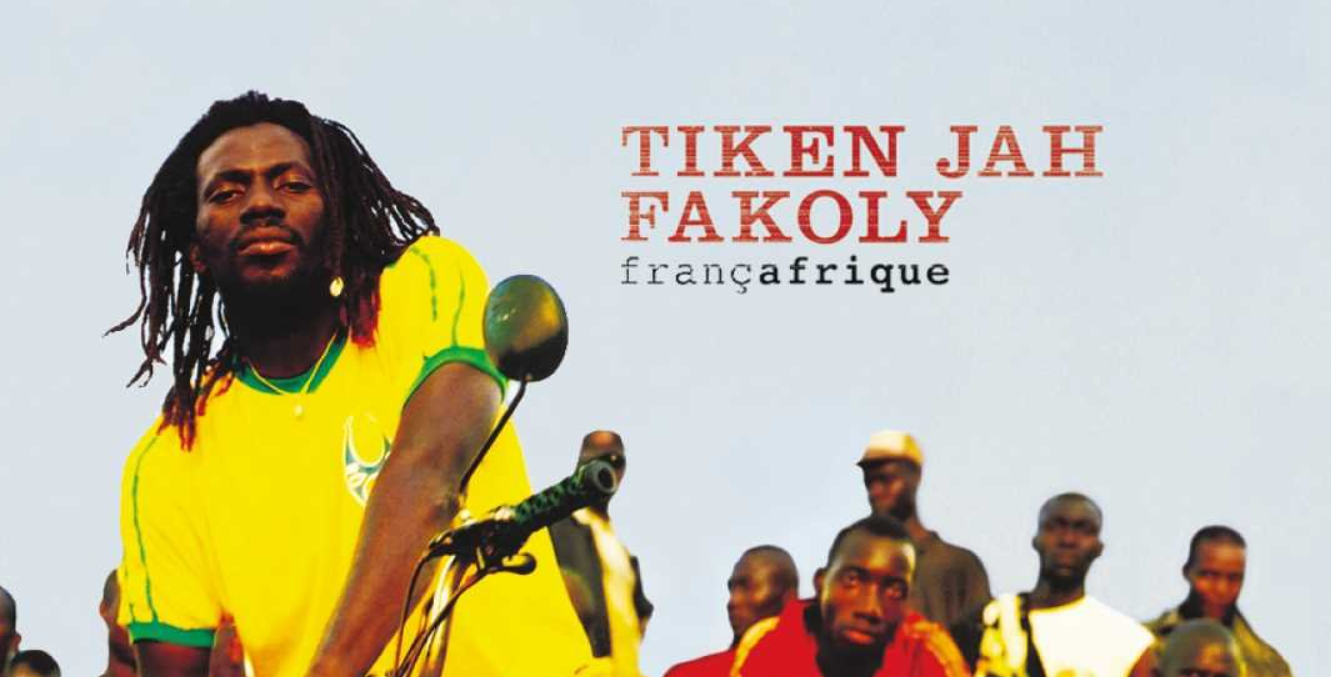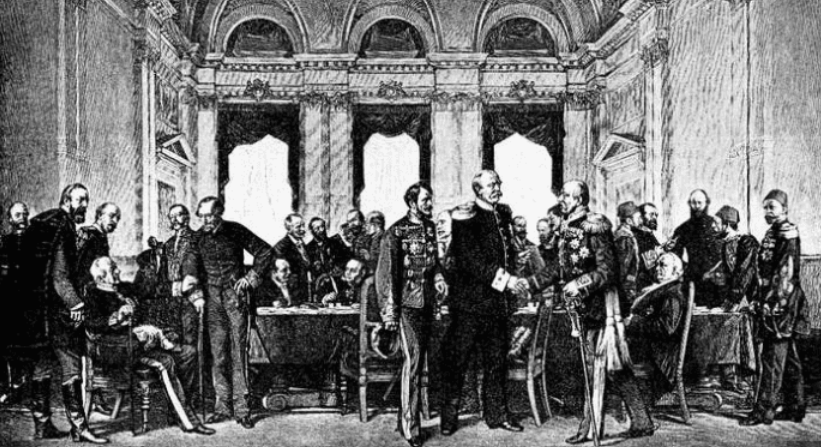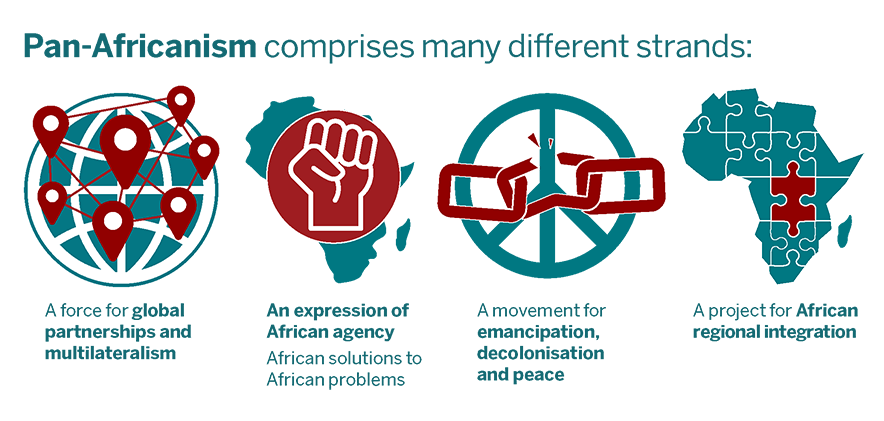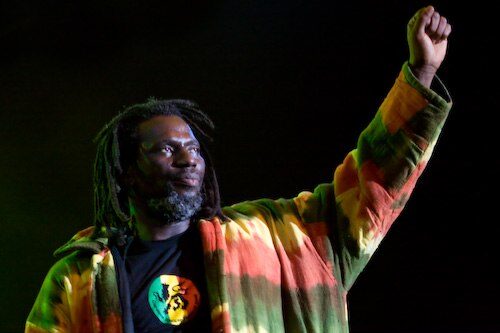By Efterpi Komninou,
“They have divided up the world, nothing astonishes me anymore!
Nothing astonishes me anymore!
Nothing astonishes me anymore!
If you let me have Chechnya,
I’ll let you have Armenia.
If you let me have Afghanistan,
I’ll let you have Pakistan.
If you don’t leave Haiti,
I’ll embark you for Bangui.
If you help me to bomb Iraq,
I’ll arrange Kurdistan for you.
They have divided up the world, nothing astonishes me anymore!
Nothing astonishes me anymore!
Nothing astonishes me anymore!
If you let me have uranium,
I’ll let you have aluminium.
If you let me have your mineral
resources,
I’ll help you to hunt down the Taliban.
If you give me a whole lot of dough,
I’ll wage war on your behalf.
If you let me extract your gold,
I’ll help you to oust the general.
They have divided up the world,
nothing astonishes me anymore!
Nothing astonishes me anymore!
Nothing astonishes me anymore!
They have divided up Africa without consulting us.
They are astonished that we are divided.
One part of the Mandingo empire
as with the Wollof.
One part of the Mossi empire
was in Ghana.
One part of the Susu empire
was in the Mandingo empire.
One part of the Mandingo empire
was with the Mossi.
They have divided up Africa without consulting us!
Without asking us!
Without apprising us!
They have divided up the world, nothing astonishes me anymore!
Nothing astonishes me anymore!
Nothing astonishes me anymore!”

“Plus rien ne m’étonne” is a deeply political poem/song, which is steeped in irony while simultaneously evoking a feeling of deep rooted sorrow for the sociopolitical state of the world. It is a harsh critique of neocolonialism and imperialism that expresses disillusionment with the opportunism of politicians that seek to divide nations and exploit their lands for resources.
“Nothing surprises me anymore” are the words of Tiken Jah Fakoly, an Ivorian reggae singer and songwriter who is not afraid to speak up on injustice and in this case on the Neocolonialism that has been imposed on Africa. “If you let me have” is repeated many times throughout the song, showcasing the tendency of global powers to negotiate over sovereign states as if they are simply products for profit. Those powers seek to exploit Africa’s resources such as uranium, aluminum and minerals and in order to gain control they partake into political games and wars. The song makes references to hunting the Taliban, to bombing and outing generals as a few instances of the violent nature of neocolonialism. The geopolitical interests have affected the lives of people in Africa leaving them to feel devastated.
In the last stance there is an explicit reference to the Berlin Conference of 1884-1885. In this conference issues regarding European colonialism in Africa were regulated in ways that led to extensive colonial activities. More specifically, it led many areas of Africa to losing much of their autonomy and self-government. Otto von Bismarck who initiated the conference sought to settle disputes between European Countries that had interests in Africa, which ended up serving those exact interests at the expense of Africa countries. The divisions led to borders of ownership that allowed those same countries to control almost the entire continent.

Some of the countries that participated in the conference among others were UK, France, Germany, Belgium, Portugal and Italy, which ended up gaining much territory in Africa, especially Britain (current United Kingdom). In this conference the concept of International Relations namely effective occupation was effectively initiated. This principle means that in order to claim an area you had to possess it in physical ways e.g treaties with local leaders or establishing administrations with police forces in the land as to be physically controlling it.
The result: The Berlin conference legitimized the violent partition of Africa into states that from the African people’s perspective were arbitrary, as they cut across ethnic linguistic and cultural lines. They were also deemed as unfair, as they imposed relations of oppression and subjugation which led to more oppression for people in Africa.
Nothing surprises me anymore expresses a sort of lament, a flaming desperation and deep rage for the injustice that’s been imposed. It’s like watching history repeating itself no longer being taken by surprise by its repetition. It is the exhaustion of the people that’s being portrayed here and their depression that’s caused by perceiving a vain repetition occurring, historically speaking.
“They have divided up Africa without consulting us!”: all major decisions that affect Africa on a daily basis have been imposed by external interests. People in Africa were not consulted for those decisions yet are forced to suffer their consequences, with other words, they experience enraging injustice and suffer the collateral damages of imperialism/colonialism. Their rage that is so often provoked, loses its spark as it becomes a routine emotion little by little until it slowly fades away and its place is taken by feelings of vanity, sadness that get embedded in people’s souls long after those “heartbreaking” instances.
Tiken Jah Fakoly, though a Muslim, has expressed tremendous respect towards Rastafarian culture. Rastafarianism is a religious and political movement with roots in Jamaica emerging around the 1930s. Apart from Protestantism and Mysticism, one other core element of it is the ideology of Pan-Africanism which aims to encourage solidarity between the indigenous people and diasporas of African decent , in order to unite and eliminate foreign occupation and colonialism. Pan-Africanism seeks to become a deterrent power to neocolonialism and imperialistic tendencies in Africa. It seeks to unite all that has been unjustly divided and bereted of Africans.

“Ghana Calls”
(by W.E.B. Du Bois, 1957, written near the end of his life after moving to Ghana)
“I have seen the day
When little brown and yellow boys
And dark black girls
Have flung their childhood into the world
And shouted to the stars
That they were men.
Ghana, you are lifting up the flat and humid
Plains of Africa into light and air.
You are letting the long, long night of
Slavery drop away behind
As the morning breaks
And the bells of independence
Ring.
Ghana calls!
And the children of the diaspora listen.
From Harlem, from Kingston,
From Port-au-Prince and Dakar,
From Rio, from Nairobi,
Ghana calls!
And we come—
Not as beggars or as thieves,
Not as colonizers or conquerors—
But as brothers and sisters
Who have wandered far,
Who have suffered much,
And who return with hope”
In his poem, De Bois, one of the principal voices behind Pan-Africanism, makes a call for resistance through unity. He views Ghana as the starting point, as the example they should look for while getting through this peaceful revolt which aspires to unite those that have suffered by the division. It emphasizes that the means of the resistance won’t be like those of the colonizers: they don’t intend to become themselves thieves of lands or colonizers. They seek to unite the continent’s people and to outgrow those false divisive borders. It is a poem that is dedicated to Kwame Nkrumah, former Prime Minister and President of Ghana who was also an advocate for Pan-Africanism.
References
- Ghana Calls. POETRY FOUNDATION. Available here
- Tiken Jah Fakoly – Plus rien ne m’étonne (Le Grand Choral 2024 – @Nuits de Champagne). Youtube. Available here
- Pan-Africanism. Britannica. Available here
- Berlin Conference. Britannica. Available here




